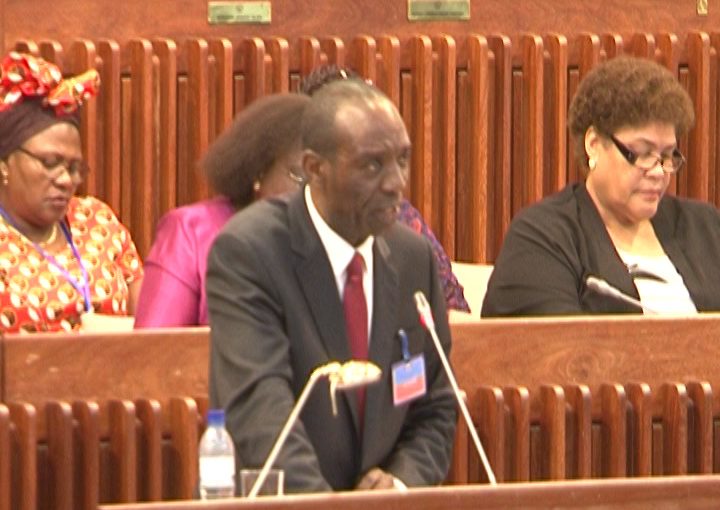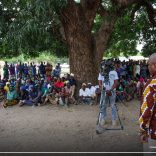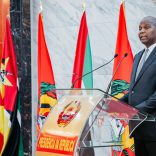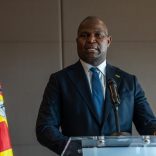Mozambique: Cabo Delgado governor says terrorists should use inclusive dialogue to voice grievances
Government denies Renamo claims on corruption – WATCH

TVM
The Mozambican government on Wednesday denied claims by the main opposition party, the rebel movement Renamo, that corruption is only fought in speeches and never through actions, and that the only people whom the government pursues are “small fry”, and never those involved in large scale corruption.
Speaking at a question and answer session in the Mozambican parliament, the Assembly of the Republic, Prime Minister Carlos Agostinho do Rosario said that corruption is a barrier to social and economic development, and to prevent acts of corruption the government is taking measures “to improve efficiency, transparency and accountability in the public administration”.
The public administration reform strategy, he added, is intended to promote “a culture of integrity” within the state, and as a result of this strategy more cases of corruption had been detected, leading to disciplinary and criminal proceedings.
It was now obligatory for all sectors of the public administration to draw up operational ant-corruption plans, while inspections are being stepped up “to guarantee strict compliance with the law”.
Transparency in administration was also being boosted, Rosario said, notably through publicity for the tenders for hiring goods, services and building works.
The Prime Minister added that the government is improving and modernising the State Financial Administration System (SISTAFE) “to avoid the creation of corrupt schemes which lead to the undue enrichment of some people, to the prejudice of the majority of the population”.
Justice Minister Isaque Chande added “it is not true that we fight against corruption selectively”.
He pointed out that, between January and June of this year the Central Office for the Fight against Corruption (GCCC) had initiated 450 cases. Those targeted by the GCCC were by no means all “small fry”. Chande pointed out that among those charged by the GCCC were former ministers, mayors, former ambassadors and a provincial governor. There were also seven cases against the chairpersons of public companies and 25 cases against the directors of public institutions.
As for the length of time it took corruption cases to come to trial, Chande said there was nothing the government could do about that since, once arrests had been made, the cases were in the hands of the courts.
One claim made by Renamo was that members of the Board of Directors of the public electricity company EDM are receiving extraordinarily high wages of over 1.2 million meticais (almost 20,000 US dollars) a month. This claim was front page news in the anti-government weekly “Canal de Mocambique”, which is how Renamo picked it up.
But Chande said the claim is untrue and could only result from a misreading of the EDM annual accounts. Furthermore the EDM top management does not set its own wages: they are fixed in a joint dispatch from the Finance Ministry and the Ministry of Mineral Resources and Energy. The last time members of the EDM Board received a pay rise was 2009.
Chande did not give the accurate figures for EDM executive pay, but said anyone interested could contact EDM.













Leave a Reply
Be the First to Comment!
You must be logged in to post a comment.
You must be logged in to post a comment.